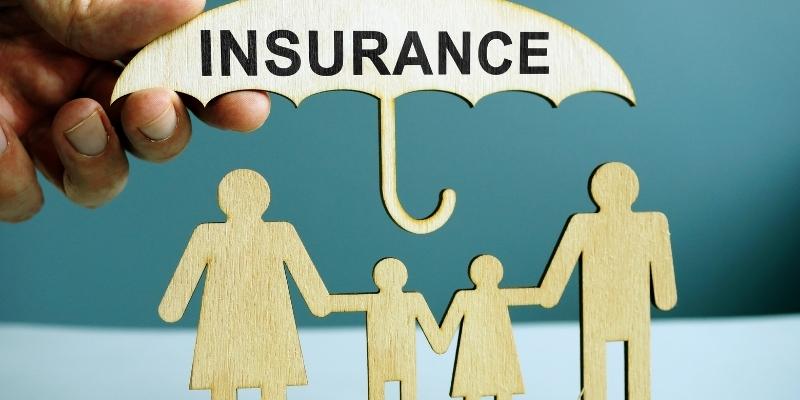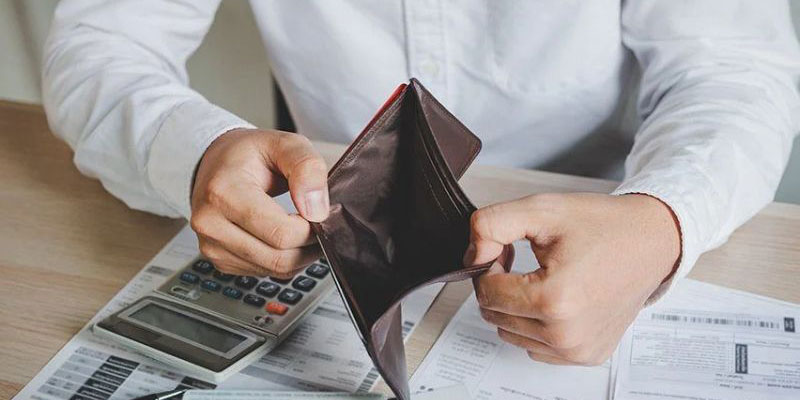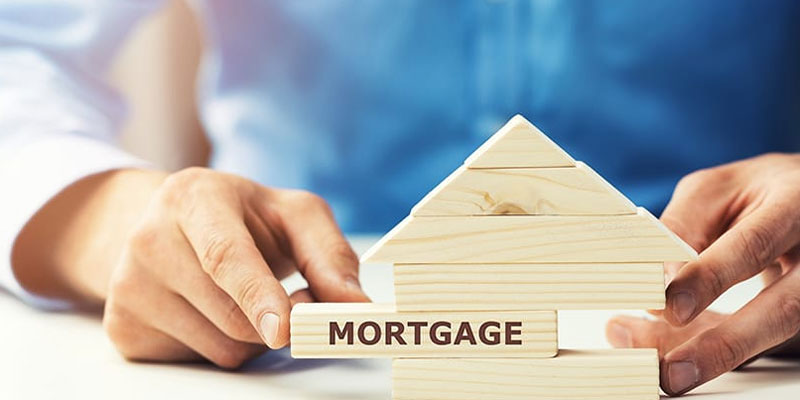For first-time buyers, the process of buying a house might be complicated. After all, there are several procedures, duties, and prerequisites, and you could be worried about making a costly error. However, there are several incentives explicitly tailored to first-time homeowners.
To help you make an informed decision, we've included a list of things to think about before you buy, a guide to the house-buying process, and some helpful hints for after you close on your first home to clear up any confusion may have.
Advantages of Buying a Home for the First Time

As a home is usually an appreciating asset that develops in value over time, purchasing one is still seen as an essential part of the American dream.
If you cannot make the conventionally required down payment of at least 20% of the purchase price due to lack of funds or because of your membership in a targeted minority, being a first-time buyer may qualify you for tax credits and government-backed financing.
And even if you aren't a complete rookie, you may still be able to claim the "first-time buyer" status. As a first-time buyer, you can qualify for programs that help with a down payment or closing costs. Funding for your down payment and closing fees may be available through these programs, which state governments and non-profit organizations administer.
6 Things To Think About Before You Buy

The first step is considering the big picture and how buying a house fits your plans. One such motivation is the desire to convert what you perceive as "wasted" rent payments into mortgage payments that build actual equity.
The concept of being your landlord appeals to you, and you consider buying a property as a symbol of your freedom. Buying a property also has the potential to be a lucrative financial move. Reducing the scope of your long-term house ownership ambitions will help you get started. Six inquiries follow below.
How Is Your Financial Health?
Thoroughly examine your financial situation before flipping through internet listings or falling in love with the perfect house. Both the initial investment and the monthly maintenance costs of a property must be accounted for. If you want to know if you're ready to take this significant leap, the audit's results will tell you.
What Kind of House Do You Think You'll Like the Most?
There are benefits and drawbacks to owning each property; you must figure out which is best for you. You may save money in any area by purchasing a property that needs work but be advised that the time, sweat equity, and money it takes to transform a fixer-upper into your dream home may be much more than you anticipated.
Which Specified Home Features Do You Desire?
Despite the necessity for some wiggle room in the items on this list, you should demand nothing less than a perfect match between your new buy and your preferences and needs.
Everything from size and location to the design of the bathrooms and the quality of the kitchen appliances should be on your wish list. You may get a feel for the market value and availability of homes with the amenities you care about most by browsing real estate websites.
What Mortgage Can You Get?
Get pre-approved for a mortgage to determine how much you will have to work with before looking for your first house.
Lenders will look at your credit score, the amount of debt you have, your monthly salary, and how long you've been at your present work to determine how much they would loan you for a home.
Furthermore, many real estate brokers would only spend their time with clients who have clarified their budgets. Make sure you can secure a mortgage before making an offer. Many sellers would not even consider an offer without proof of mortgage approval.
What Is Your Real Estate Budget?
A bank may grant a loan for a larger property than the borrower can afford. It's not a good idea to borrow $300,000 just because a bank claims it would give you that much money.
The monthly mortgage payment leaves many first-time homeowners with little money for additional expenses like clothing, utilities, vacations, entertainment, and food.



